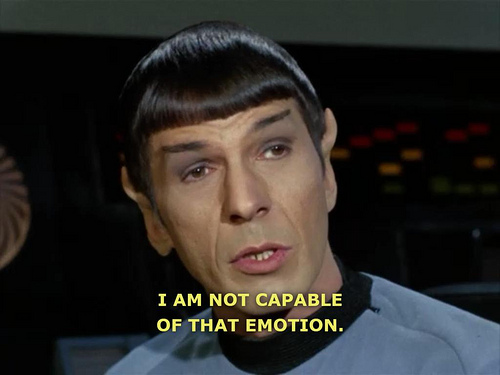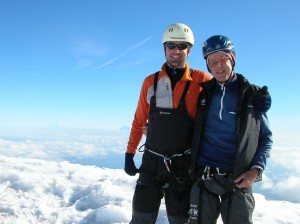 A picture: I’m just a little guy. Can’t be more than 4 years old. I’m sitting in a bathtub full of water the color of gas station coffee. With me in the tub (and the source of the grime) is a friend of my dad’s, a grad school buddy who had just abandoned a career as a experimental physicist and set off into the desert in search of something — god knows, whatever it is that we go looking for out there. He’d dropped by our house in the foothills above Salt Lake City for a bath and a home-cooked meal. I, apparently, thought he was a barrel of fun.
A picture: I’m just a little guy. Can’t be more than 4 years old. I’m sitting in a bathtub full of water the color of gas station coffee. With me in the tub (and the source of the grime) is a friend of my dad’s, a grad school buddy who had just abandoned a career as a experimental physicist and set off into the desert in search of something — god knows, whatever it is that we go looking for out there. He’d dropped by our house in the foothills above Salt Lake City for a bath and a home-cooked meal. I, apparently, thought he was a barrel of fun.
Such were the characters in my father’s circle of friends. They were academics, computer programmers, and electrical engineers. They were organic farmers, photographers, and avalanche forecasters. And almost without exception, they spent a good deal of time out in the Western wilds, mountaineering, cross-country and back-country skiing, running obscene distances on rock-strewn trails. Continue reading
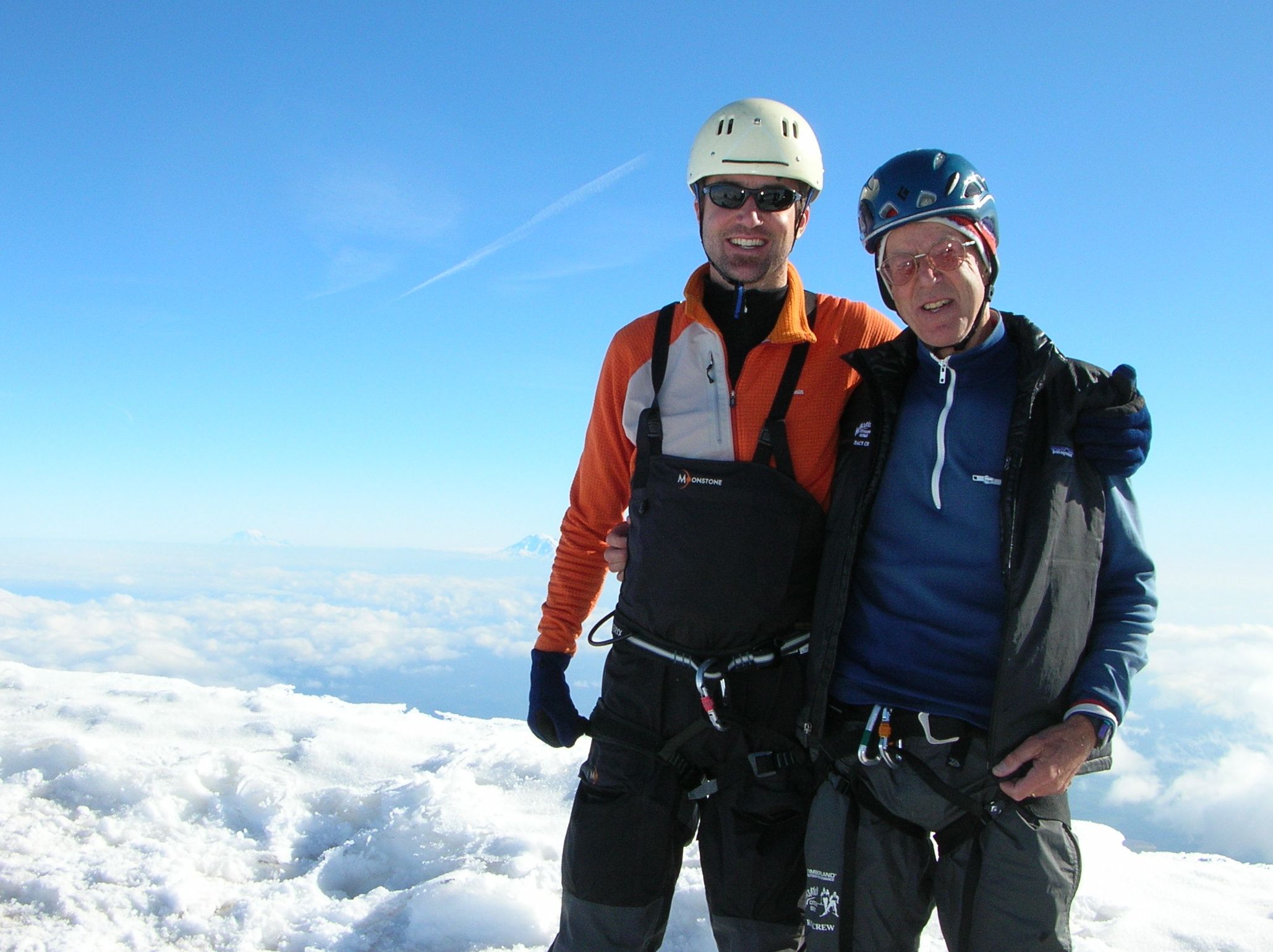
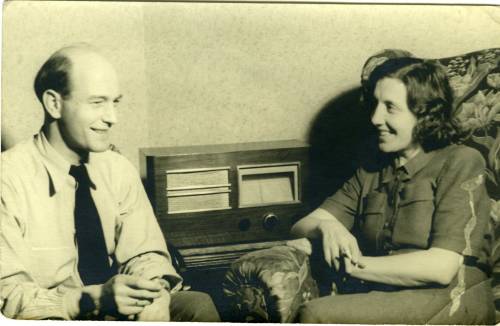
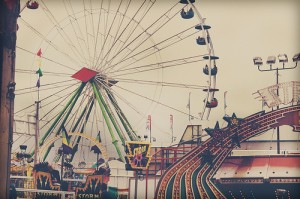
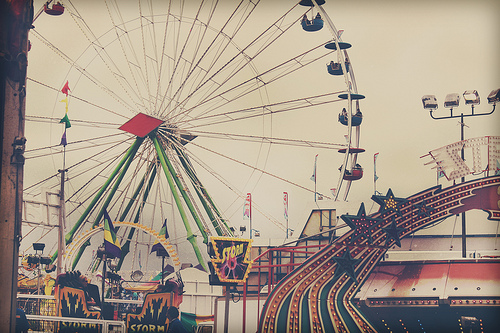
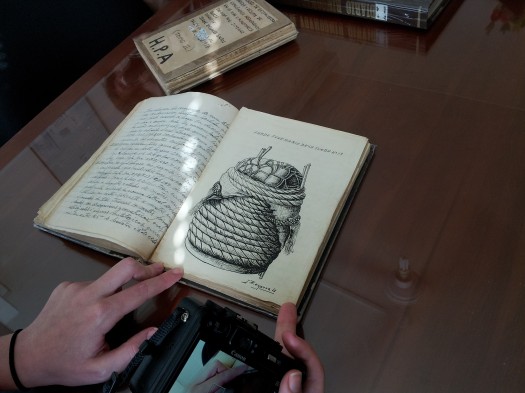
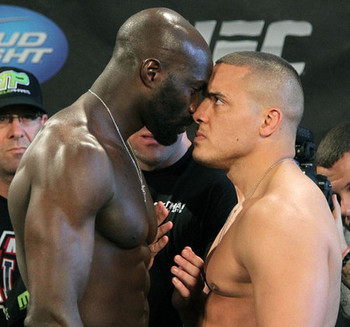 In all my obsessive reading about combat sport – the ghost-written memoirs and swaggering comment threads – one concept has always stumped me. Time and again a story of a fight takes as its pivotal moment the breaking of a fighter’s will. Or take this account: “I was beating him up, but I don’t think his will broke too much at all”. As a person of reason, this smacked of soul-leaving-the-body talk. Break a fighter’s arm and I can accept you may have won. His will? What is that.
In all my obsessive reading about combat sport – the ghost-written memoirs and swaggering comment threads – one concept has always stumped me. Time and again a story of a fight takes as its pivotal moment the breaking of a fighter’s will. Or take this account: “I was beating him up, but I don’t think his will broke too much at all”. As a person of reason, this smacked of soul-leaving-the-body talk. Break a fighter’s arm and I can accept you may have won. His will? What is that.